Publications
Articles, publications, books, tools and multimedia features from the U.S. Institute of Peace provide the latest news, analysis, research findings, practitioner guides and reports, all related to the conflict zones and issues that are at the center of the Institute’s work to prevent and reduce violent conflict.
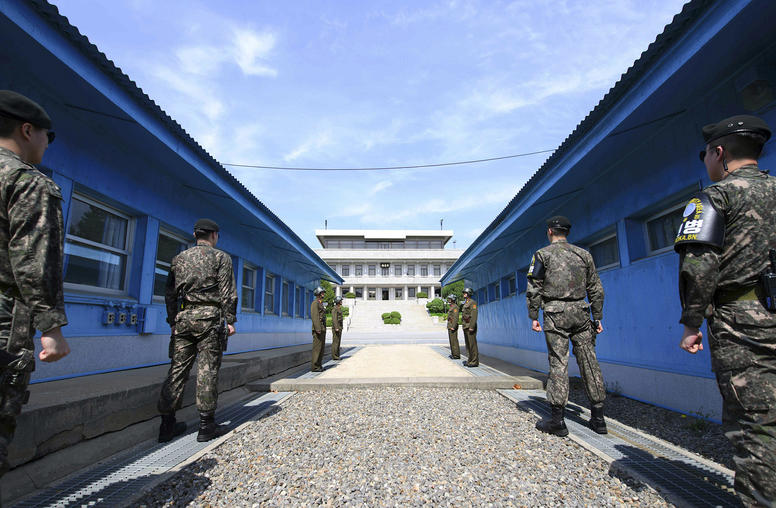
A Peace Regime for the Korean Peninsula
A joint statement by the United States and North Korea in June 2018 declared that the two countries were committed to building “a lasting and stable peace regime on the Korean Peninsula.” Such a peace regime will ultimately require the engagement and cooperation of not just North Korea and the United States, but also South Korea, China, Russia, and Japan. This report outlines the perspectives and interests of each of these countries as well as the diplomatic, security, and economic components necessary for a comprehensive peace.

Dr. Elie Abouaoun on the Situation in Syria
After direct military confrontations between the Assad regime and Turkey in Syria’s Idlib province, USIP’s Dr. Elie Abouaoun explains how the Turkish and Russian governments are trying to contain the fallout, saying “I do not think any party has an interest right now in provoking a full-blown escalation.”
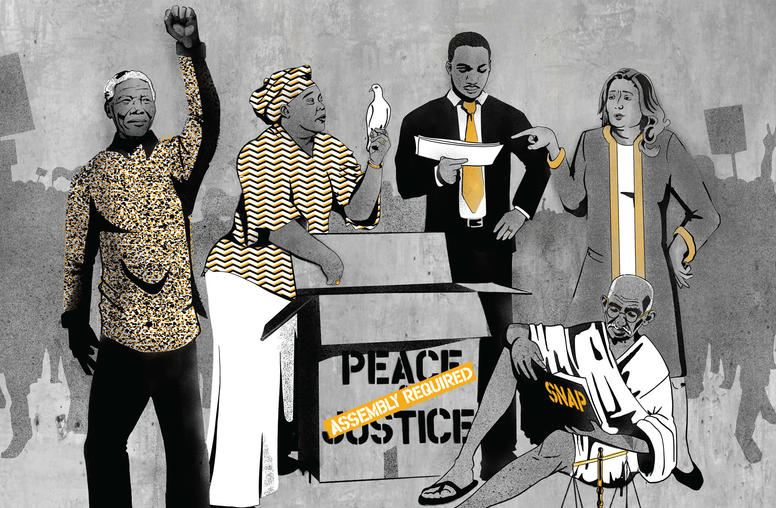
SNAP: Synergizing Nonviolent Action and Peacebuilding (Arabic)
يسعى هذا الدّليل إلى إقامة جسور تواصل بين العاملين في مجال بناء السّلام من جهة والناشطين في مجالات التّحرّك غير العنيف من جهة أخرى. ويستعرض أساليب العمل المتاحة في كلا المجالين بصورةٍ إستراتيجيّةٍ وفعّالةٍ للمساهمة في تحويل النزاع. ويُبيِّن الدّليل طريقة تحقيق التّضافر بين الحوار ومهارات التّحرّك المباشر والمقاربات من أجل خدمة العدالة والسّلام المستدامين. أعدّ هذا الدّليل ليوضع بتصرّف المدرّبين والمُيسِّرين وسائر الأشخاص المتعاملين مع المنظمات والناشطين والوسطاء والمفاوضين وبناة السّلام الذين يرغبون في معرفة المزيد بشأن طريقة الدّمج بين إستراتيجيّات التّحرّك غير العنيف وبناء السّلام في عملهم.

Payton Knopf on What’s Ahead for the Horn of Africa in 2020
As Arab Gulf states and Turkey ramp up their competition for influence in the Horn of Africa, USIP’s Payton Knopf says the increased attention “has tended to exacerbate some of the internal tensions and political insecurities” in Ethiopia and Sudan—two states undergoing democratic transitions vital for regional stability.
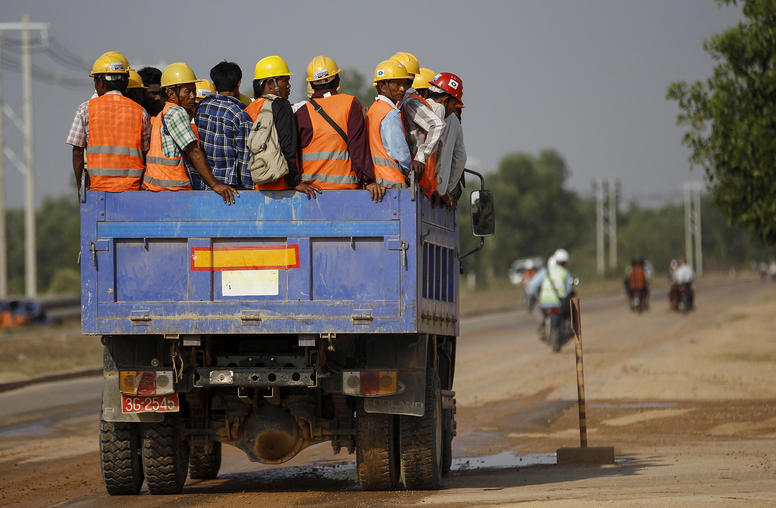
The Intersection of Investment and Conflict in Myanmar
Developing countries throughout Asia, Africa, and Latin America are grappling with how to deal with China's rising economic influence—particularly the multibillion-dollar development projects financed through China’s Belt and Road Initiative. Myanmar, however, appears to be approaching foreign investment proposals with considerable caution. This report examines the framework the country is developing to promote transparency and accountability and to reserve for itself the authority to weigh the economic, social, and environmental impacts of major projects proposed by international investors, including China.
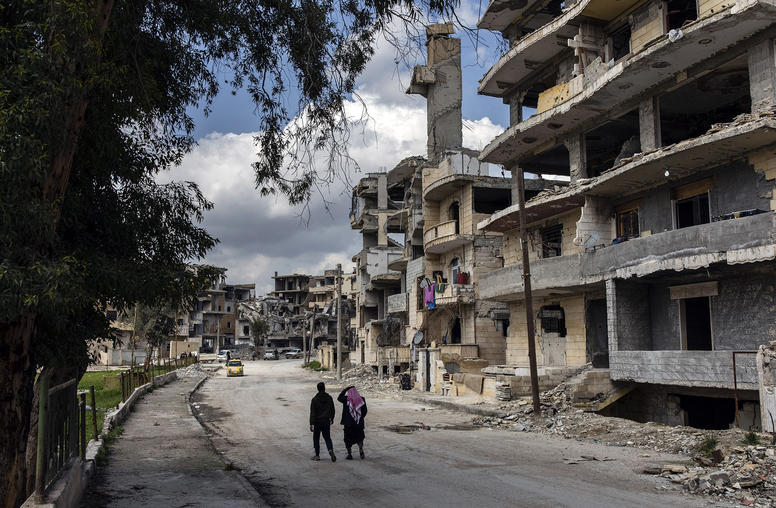
Rethinking Transnational Terrorism: An Integrated Approach
The 2011 civil war in Syria attracted thousands of fighters from at least seventy countries to join the Islamic State. Al-Shabaab carried out large-scale attacks on civilian targets in Uganda and Kenya as retribution for the deployment of peacekeeping forces in Somalia. In this report, Martha Crenshaw considers the extent to which civil war and foreign military intervention function as a rationale for transnational terrorism, and how understanding the connections between terrorism, civil war, and weak governance can help the United States and its allies mount an appropriate response.

Scott Worden on Afghan Elections and the Peace Process
Amid news of an interim U.S.-Taliban deal, Afghanistan’s election commission announced President Ashraf Ghani has won reelection—a result his opponent has openly rejected. USIP’s Scott Worden warns this kind of political infighting weakens the government’s negotiating position ahead of possible intra-Afghan talks, saying “the Taliban profit from political chaos.”
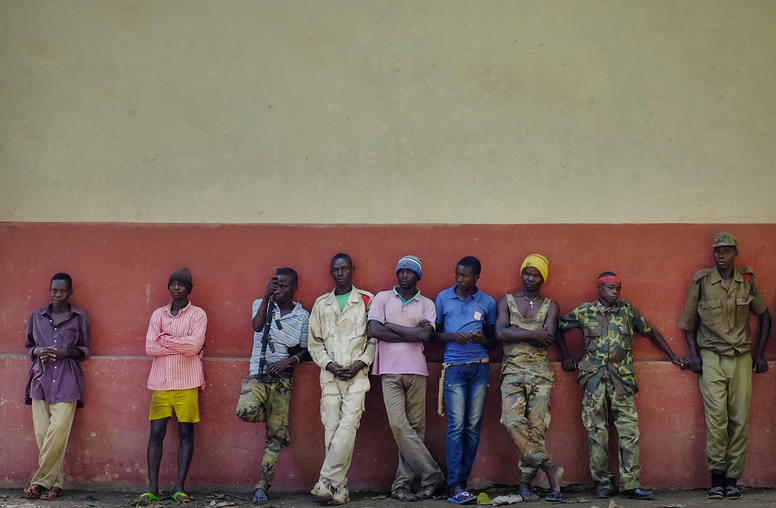
The “Green Diamond”: Coffee and Conflict in the Central African Republic
Coffee production is a fairly small part of the Central African Republic's economy, but it plays an outsize role in the country's ongoing conflict. Armed militia groups that hold sway over the country's main coffee growing regions and trade routes reap millions of dollars in funding to sustain their operations. This report discusses how understanding the political economy of conflict in the Central African Republic can help national and international stakeholders break the cycle of violence.

Vikram Singh on President Trump’s Trip to India
The visit did not yield a bilateral trade agreement, as many hoped it would. But USIP’s Vikram Singh says that despite the trade impasse, the trip did deliver defense and energy deals and reinforced “the symbolism of this partnership continuing to grow basically as it has for the entire 21st century.”

Belquis Ahmadi on Afghan Women and the Peace Process
Since 2001, Afghan women have assumed larger roles in society—becoming teachers, doctors and government officials. With intra-Afghan talks expected to begin this month, USIP’s Belquis Ahmadi says it’s important the Taliban “accept the reality that today’s Afghanistan is very different from the country they ruled” when it comes to women’s rights.